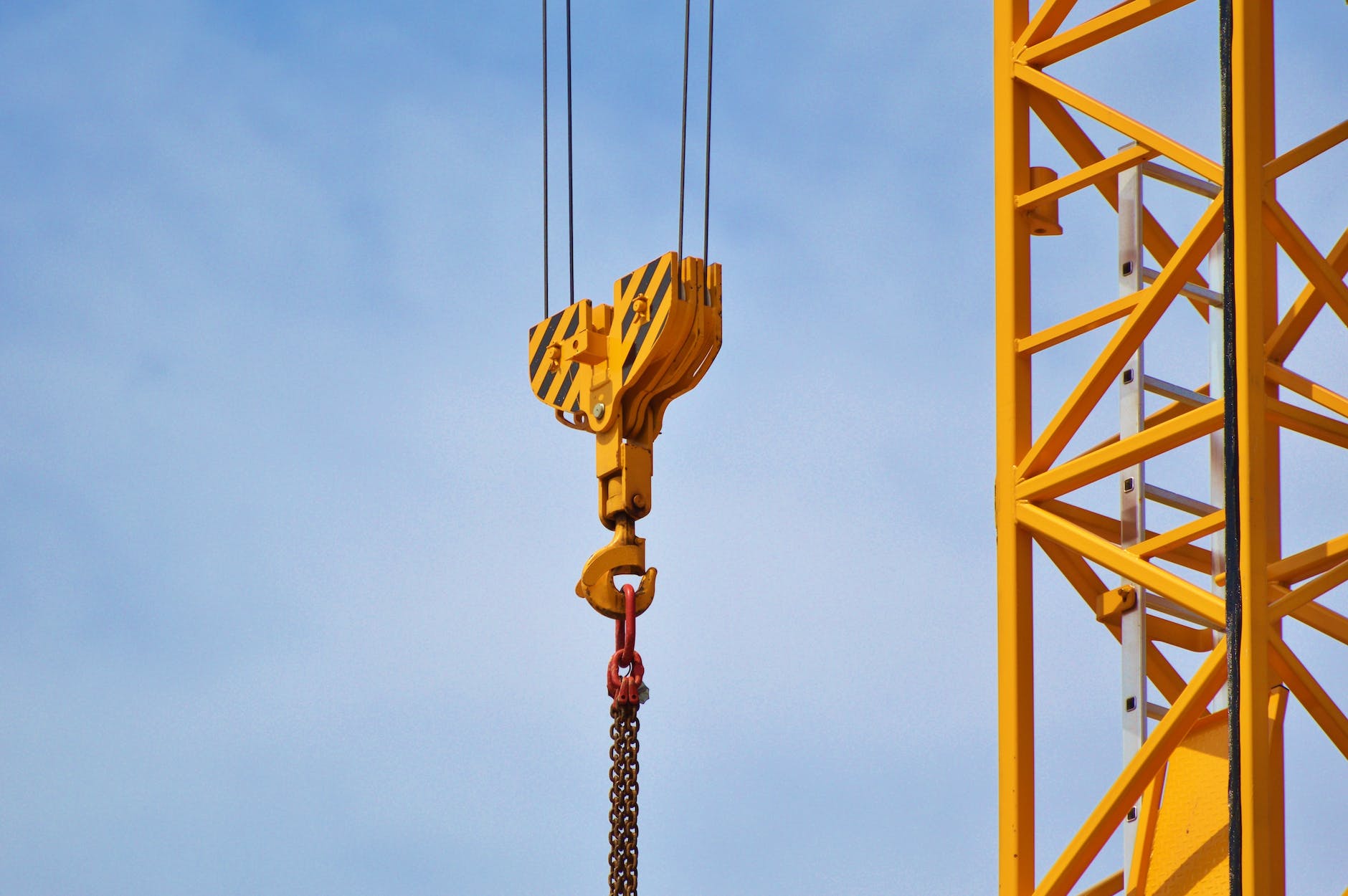
Construction Rework
Construction projects require careful planning, skilled labor, and effective management in order to run efficiently and successfully. Unfortunately, even with careful plans in place and experienced professionals on board, rework may still occur, resulting in delayed timelines and additional expenses to your overall budget.
In order to prevent setbacks, it’s vital for construction companies to employ proven ways of cutting rework back down as soon as possible.
This article discusses ten proven techniques — from effective communication to implementing AR for construction — which can reduce construction rework and increase successful project completion!
Improve communication
Effective communication is at the core of every successful construction project, and its importance cannot be overstated when it comes to avoiding errors and rework in construction projects.
Misunderstandings among team members or between different teams, miscommunication between different projects, or miscommunication between different contractors can all contribute to errors that require further reworking or redesign work.
In order to prevent miscommunication from causing errors and further work, each construction company should establish clear channels and protocols aimed at keeping everyone aligned — such as regular meetings, project updates or progress reports keeping everyone up to date.
Utilize technology
Technological advances have greatly advanced the construction industry. From Building Information Modeling (BIM) and project management software to various forms of visualization tools available today, like augmented and virtual reality equipment, advanced construction technology provides numerous tools that help streamline processes and minimize rework.
Investing in these innovations provides better coordination and communication between different teams, resulting in fewer errors and rework for you to worry about in your projects.
Conduct regular quality checks
Quality checks are an indispensable way of spotting any issues before they become major problems in construction projects, meaning conducting periodic inspections to identify any possible flaws before they arise and prevent costly rework while meeting quality regulations and standards. Doing this can effectively and ensure maximum project efficiency and excellence.
Provide training and education
Insufficient skills or knowledge can lead to construction rework. To avoid this situation, construction companies should invest in providing their employees with proper education programs to equip themselves with all of the skills required for effective task completion.
This ensures everyone involved with each project possesses all their tasks effectively and can deliver on promises without delay.
Implement standard operating procedures (SOPs)
Standard operating procedures provide guidelines and protocols that all project stakeholders should abide by in order to maintain consistency, minimize error rates and decrease instances of rework.
Prioritize safety
Safety should always remain at the top of any construction project’s priorities list, and any injuries or accidents on-site could delay or require costly rework. Construction firms should make certain that all safety protocols are observed, with appropriate training provided, so any mishaps don’t arise.
Adopt lean construction practices
Lean construction practices aim to minimize waste while optimizing efficiency in order to decrease the chances of rework caused by ineffective processes or unnecessary tasks. When implemented by construction companies, such practices can greatly decrease rework caused by unnecessary tasks or processes.
Provide accurate documentation
Documents are essential in construction projects to provide visibility into project changes, timelines and team member communication — they help prevent miscommunication leading to disputes that require further work being redone or even lead directly backward.
Cooperate with suppliers and subcontractors
Collaboration among suppliers and subcontractors is vital to avoiding rework. By engaging them early on and maintaining effective communication channels, companies can ensure materials arrive on schedule and are installed accurately.
Conduct post-project reviews
Once construction companies complete a project, conducting post-project reviews to identify areas for improvement can help identify any mistakes made along the way and implement necessary changes in future projects to prevent costly rework.
Conclusion
Companies using these proven ways to reduce construction rework can save time, money, and resources while successfully completing projects. Continuous evaluation and improvement processes should be evaluated and utilized so as to minimize chances of rework while producing top-notch results.
Through effective communication channels, training courses, education resources, and technological improvements, construction firms can increase overall efficiency while decreasing risks related to rework projects.






